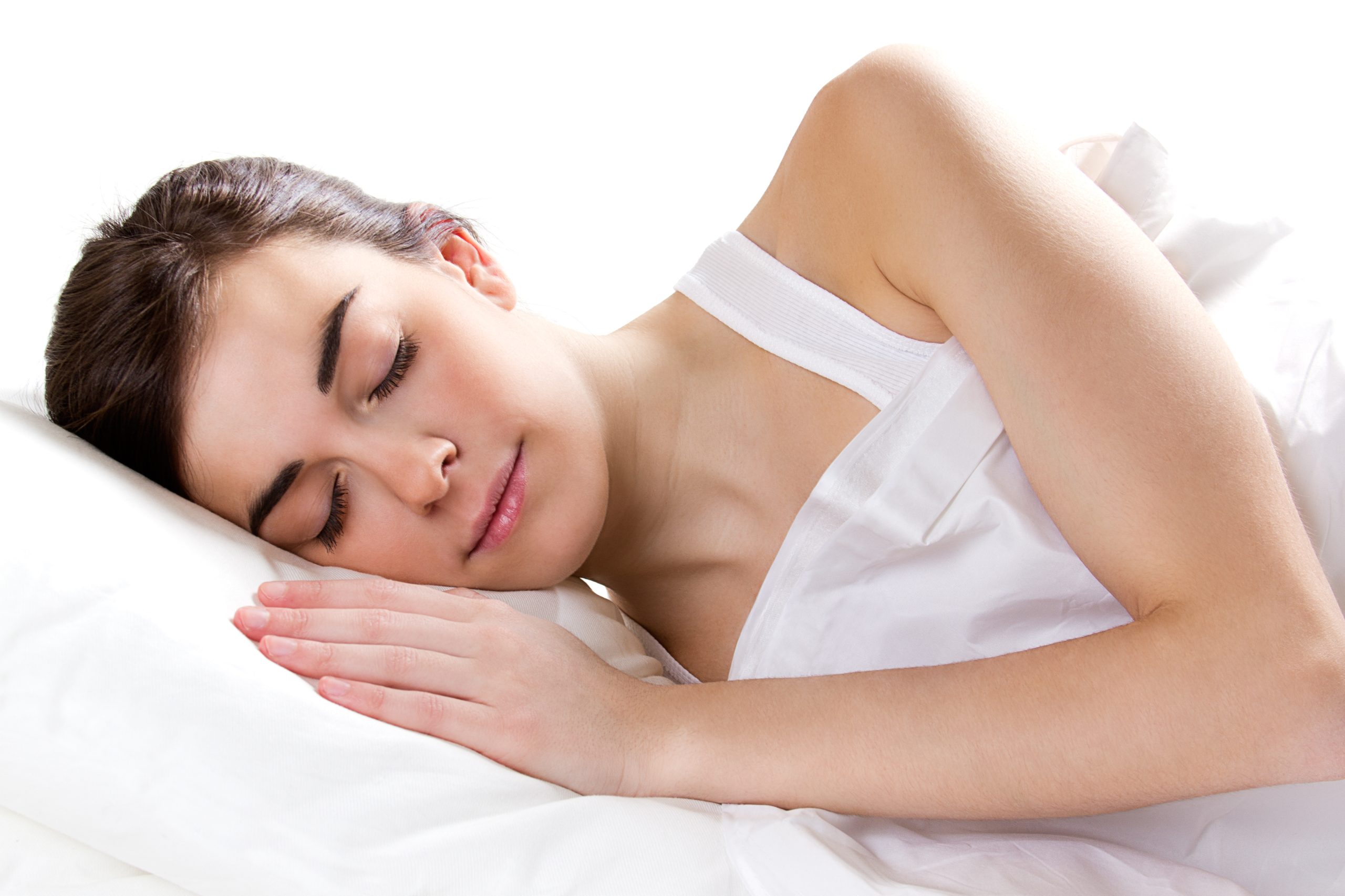Our brains are hard-wired to stay awake during daylight hours and fall asleep when it gets dark at night. That’s why screen time – whether it’s a TV, a phone, or a computer – can affect your sleep-wake cycle. Americans are using screens right before they go to bed. What we do know is that blue light makes up a big part of sunlight and outdoor bright light. And we know that bright light is equally crucial for our sleep. It’s just that we want to get that bright light exposure during the daytime and even front-loaded at the start of the day. That helps to signal to that clock in our brain that it’s time to feel alert and awake. And then we want to try to minimize the bright light exposure, including the blue light. Blue light can signal to the brain to stop releasing melatonin, and melatonin is an important hormone for us to feel sleepy, which is important for sleep onset, of course. Beyond just general screen use, she says it’s really the content of the screens versus the blue light itself. As we’re trying to be relaxed and fall asleep, of course, we need to feel physically relaxed, and that was the concern about the blue light being activating, but also we need to feel cognitively and emotionally relaxed. And so with the screen content, there are two concerns. One, just by viewing information, it’s sometimes hard to turn it off. So, there’s a concern that it could cut time-wise into our very important opportunity for sleep at night, but also a concern that the content can be too stimulating
Thank you for reading this post, don't forget to subscribe!Why Limiting Screen Time At Night Can Help You Sleep Better



